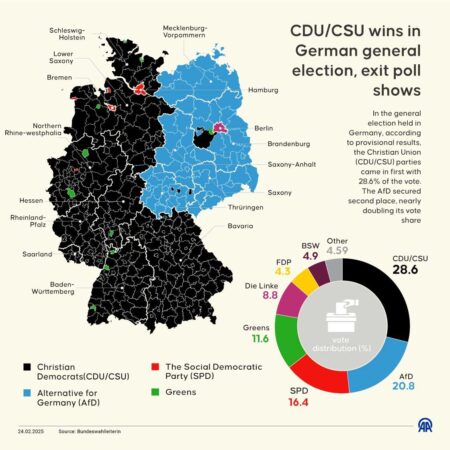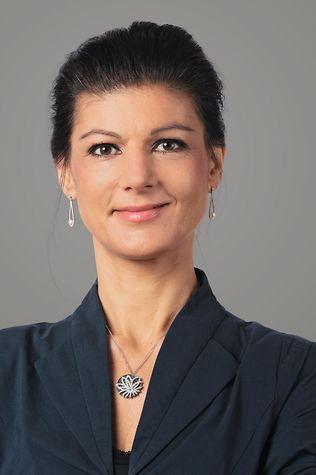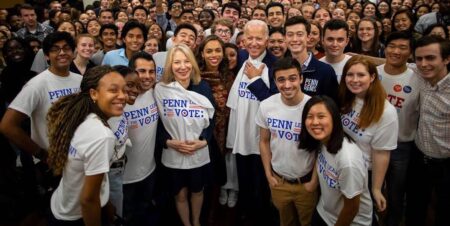In the recent US election, young men demonstrated a significant shift towards Trump and conservative ideals, raising questions about similar trends in Australia. Analysts are now examining whether this growing alignment could impact the current political landscape down under.
Browsing: political trends
As Germany’s political landscape shifts rightward, experts from the Atlantic Council analyze the implications of the recent election results. They delve into how this trend could reshape Germany’s domestic policies and its role in the European Union.
In the wake of Germany’s recent elections, the CDU/CSU and SPD are set to commence preliminary talks aimed at forming a potential coalition government. These discussions mark a crucial step in shaping the country’s political landscape following a tightly contested vote.
Sahra Wagenknecht, a prominent figure in German politics, has witnessed both meteoric rises and sharp declines. Once celebrated as a visionary leader of the left, her controversial stances and internal party conflicts have reshaped her trajectory, prompting discussions about the future of the political landscape in Germany.
In a significant shift, German conservatives emerged victorious in the latest elections, securing a decisive lead. Meanwhile, the far-right Alternative for Germany (AfD) achieved its best electoral performance to date, marking a notable rise in its influence.
Polls have opened in Germany for a pivotal election that is being closely monitored by European leaders and the US. With issues like economic stability and climate policy at stake, the outcome could significantly influence the continent’s future trajectory.
Young voters in Germany are increasingly turning to the far-right Alternative for Germany (AfD) party, driven by concerns over immigration, economic instability, and climate change. This shift marks a significant change in the political landscape, challenging traditional parties.







